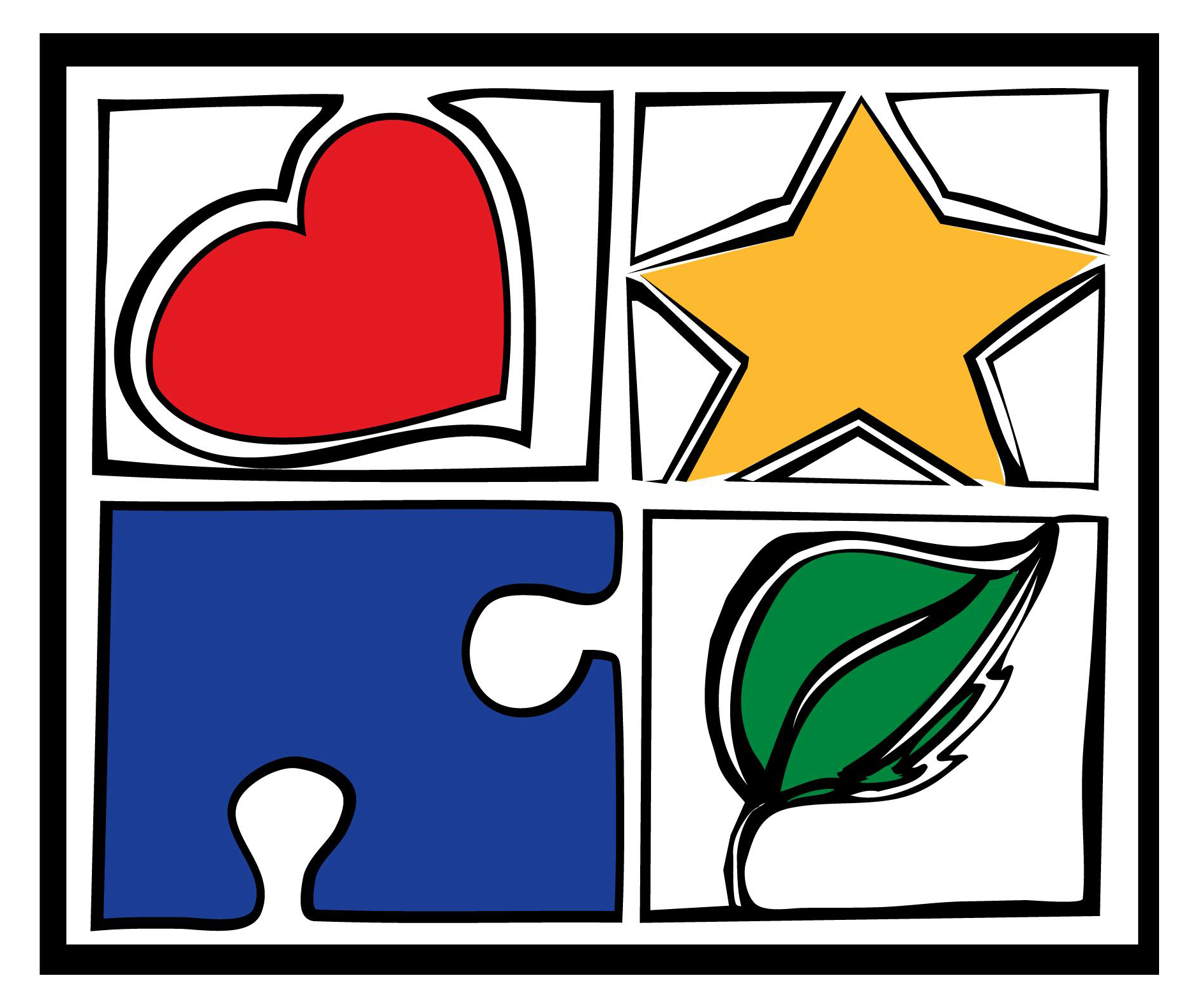Sexting
What Can You Do To Prevent Sexting?
Dictionary.com defines sexting as the sending of sexually explicit photos, images, text messages, or e-mails through a cell phone or other mobile device.
Due to the devastatingly negative consequences of sexting, it becomes all the more necessary to prevent teens from sexting before it is too late.
Netsmartz provides these tips to help protect children from sexting
- Before buying your child a cell phone, set rules for its use, including what sort of information and images are appropriate to share via text.
- Know what safeguards are available on your child's phone, such as turning off and/or blocking texting and picture features.
- Talk to your child about the possible social, academic, and legal consequences of sexting. They could face humiliation, lose educational opportunities, and get in trouble with the law.
- Encourage your child to not be a bystander or an instigator. If he or she receives a sext, discuss why it is important that he or she not forward the image to anyone else.
- Remind your child that they can talk to you if they receive a nude picture on their cell phone.
- Talk to your child's school about its policies on cell phones, cyberbullying, and sexting.
- Report any nude or semi-nude images that your child receives to law enforcement or contact cybertipline.com.
Visit the Netsmartz website for more information.
Common Sense Media provides these additional tips for caregivers
- Don't wait for an incident to happen to your child or your child's friend before you talk about the consequences of sexting. Sure, talking about sex or dating with teens can be uncomfortable, but it is better to have the talk before something happens.
- Remind your kids that once an image is sent, it can never be retrieved and they will lose control of it. Ask teens how they would feel if their teachers, parents, or the entire school saw the picture because that happens all the time.
- Talk about pressures to send revealing photos. Let teens know that you understand how they can be pushed or dared into sending something. Tell them that no matter how big the social pressure is, the potential social humiliation can be hundreds of times worse.
- Teach your children that the buck stops with them. If someone sends them a photo, they should delete it immediately. It's better to be part of the solution than the problem. Besides, if they do send it on, they're distributing pornography, and that's against the law.
- Check out ThatsNotCool.com. Its a fabulous site that gives kids the language and support to take texting and cell phone power back into their own hands. It's also a great resource for parents who are uncomfortable dealing directly with this issue.
Visit theCommon Sense Media websitefor more information.

